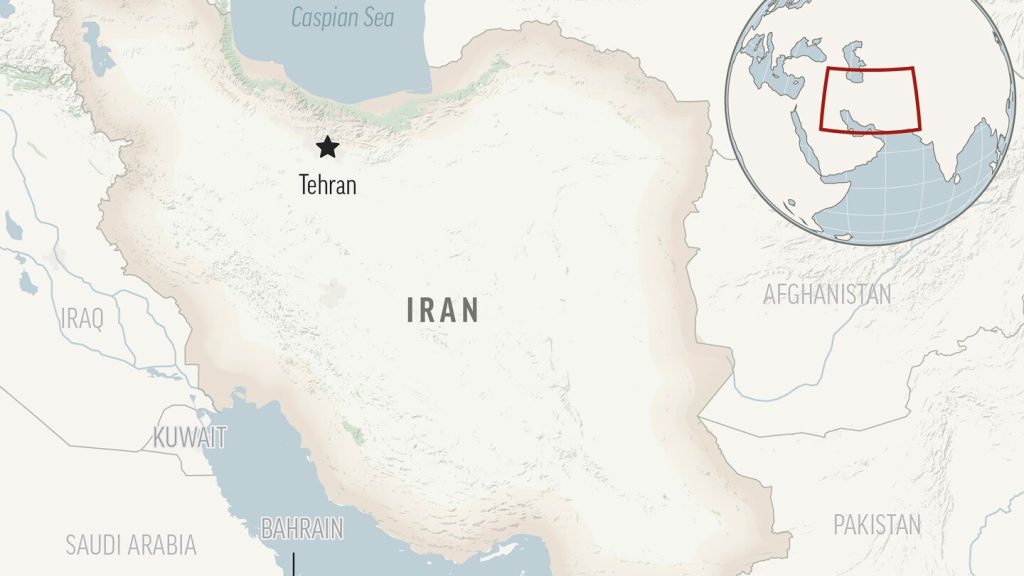Iranian state media reported on Thursday that security forces were able to release hostages taken by gunmen following clashes in southeastern Iran. The fighting occurred in three separate areas in Sistan and Baluchistan province, resulting in the deaths of 18 militants and 10 troops. The clashes started when gunmen attacked Revolutionary Guard posts in Rask and Sarbaz towns and a coast guard station in Chahbahar city. The gunmen took several civilians hostage at two sites, some of them wearing suicide vests, leading to shootouts between the assailants and security forces.
Among the 10 security forces killed were six members of the Revolutionary Guard and its affiliated troops, two policemen, and two members of the coast guard. At least 10 others were injured, some of them in serious condition. The state media blamed the militant group Jaish al-Adl for the attacks, although no group claimed responsibility. Two militants from the group were arrested on suspicion of involvement in the clashes, according to state TV. The area where the clashes occurred, bordering Afghanistan and Pakistan, has been a hotspot for occasional deadly clashes involving militant groups, armed drug smugglers, and Iranian security forces.
In December, militants in the region killed nearly a dozen police officers in an attack on a police station. The area, one of the least developed parts of Iran, has long-standing tensions between the predominantly Sunni Muslim residents and Iran’s Shiite theocracy. The ethnic Baluch minority in the region has reportedly been seeking greater rights through groups like Jaish al-Adl, leading to sporadic violence and unrest. The volatile nature of the region, coupled with its proximity to neighboring conflict zones, has made it a challenging area for Iranian security forces to maintain control and ensure the safety of civilians.
The recent clashes highlight the ongoing security challenges faced by Iran in its southeastern provinces, where various armed groups operate and tensions between different ethnic and religious groups persist. The Iranian government’s response to such incidents has often involved a heavy-handed approach, leading to further resentment among marginalized communities. The involvement of groups like Jaish al-Adl points to the complex web of regional dynamics that influence security threats in the area, including cross-border movements of militants and illicit activities like drug trafficking.
As Iran continues to grapple with internal security threats and external pressures, the need for a comprehensive approach that addresses the root causes of unrest in marginalized regions becomes increasingly evident. Striking a balance between security measures and addressing the grievances of minority groups is crucial in preventing further escalation of violence and instability in volatile areas like Sistan and Baluchistan. The recent hostage situation and clashes serve as a stark reminder of the challenges faced by Iranian authorities in maintaining peace and stability in the face of persistent security threats.


